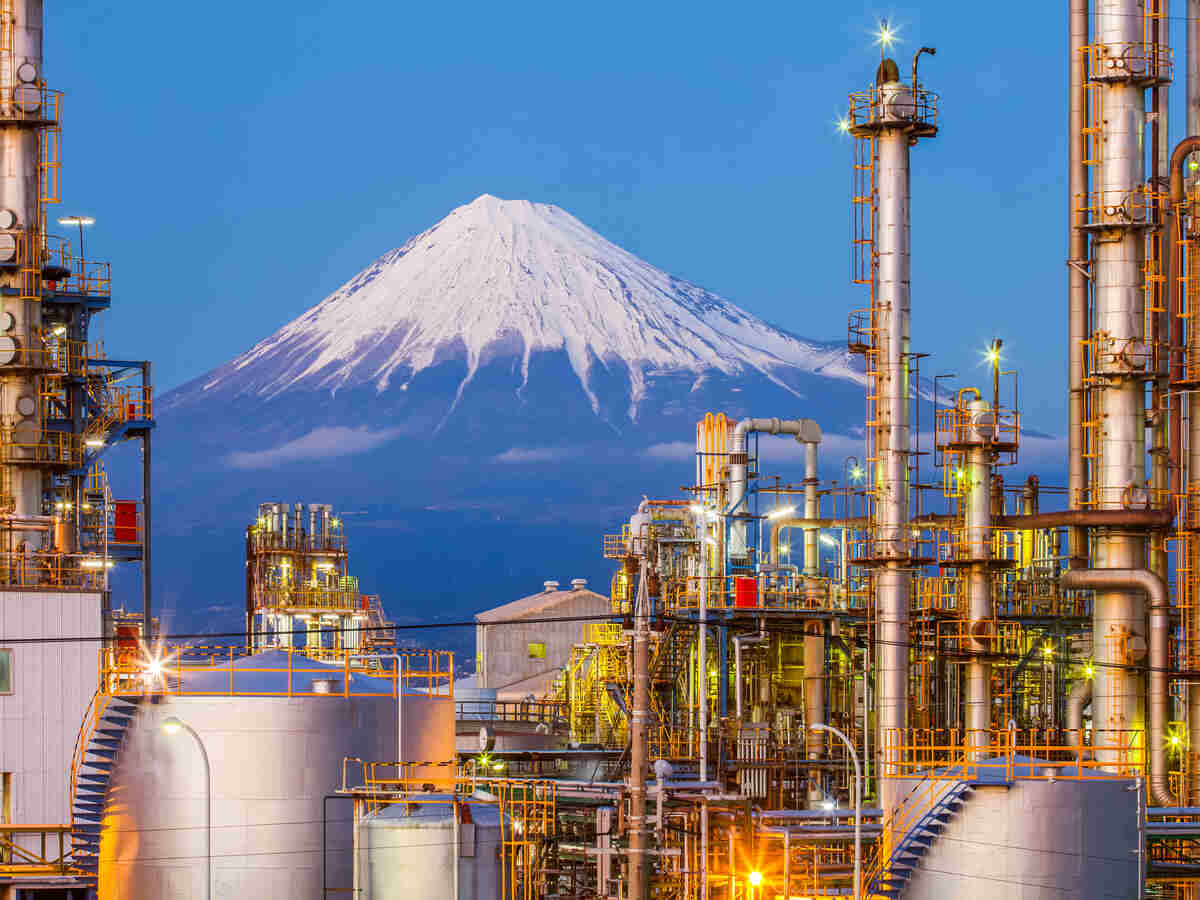Japanese oil refiners remain vigilant in the face of escalating tensions in the Middle East, although they currently see no immediate impact on crude procurement. Shunichi Kito, the president of the Petroleum Association of Japan (PAJ), reassured the public during a news conference that Japan’s crude oil supply remains stable for now. However, he emphasized the importance of preparedness and flexibility in the event of contingencies.
Despite recent events, Kito stated that there are currently no obstacles to Japan’s crude oil procurement. He acknowledged the potential risks associated with escalating conflicts in the Middle East. However, he assured that Japan’s oil supply remains secure with public and private sectors having a combined 240-day oil reserve. Should the situation worsen and affect the broader region, however, Kito acknowledged that it would pose a serious challenge.
With Japan importing 95 percent of its oil from the Middle East, geopolitical tensions and trade disruption could impact the country’s economy heavily.
To mitigate potential risks, Japanese oil refiners are exploring the possibility of diversifying their crude oil sources. While Japan heavily relies on Middle Eastern crude, efforts are underway to consider alternative sources from regions like West Africa and North America. However, logistical and operational challenges emerge with transitioning to new supply sources. Hence, most Japanese refineries optimally process Middle Eastern crude.
Read: Libya surpasses Nigeria as Africa’s top oil producer, OPEC report reveals
Despite the consideration of alternative sources, Japan could face complexities with transitioning to new supplies. Japanese refineries are predominantly designed to process Middle Eastern crude, posing challenges in adapting to different types of oil. Any transition would require careful planning and investment to ensure compatibility with existing facilities.
For more news on energy, click here.




